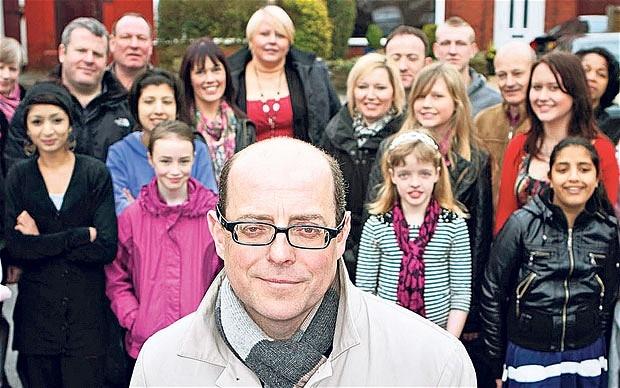Firstly, the residents were given some hard cash: each household received the return of their share of pro rata council tax. That was £52.50 for each household, which must have numbered slightly fewer than 50 paying households. And it was whether to pool the cash into a kitty, or not, which caused the first signs of tension. As chairwoman (unlike gleeful reports of some local authorities there were no memoed diktats on the use of gender-neutral terms), Janette didn‘t see a problem with a dual approach, but this left Maria, clearly a centralist, though she didn’t know it, fuming: she muttered, nonsensically, about dictatorships. Tensions simmered, and there was soon an exchange of forthright emails.
But to the business at hand. The first job was to get rid of the rubbish. One solution saw a mountainous pile of festering bin bags stacked up in a living room; another, less retchingly, saw the garage double up as refuse depot. The whole street was penalised for not organising the removal of two fridges with a registered removals firm - a piece of inadvertent law-breaking that received a £300 fine. And as one resident noted, it all felt a bit Generation Game, but without the excitement of a conveyor belt of goodies at the end, just a round of very dull committee meetings.
- Watch The Street That Cut Everything on BBC iPlayer














Add comment